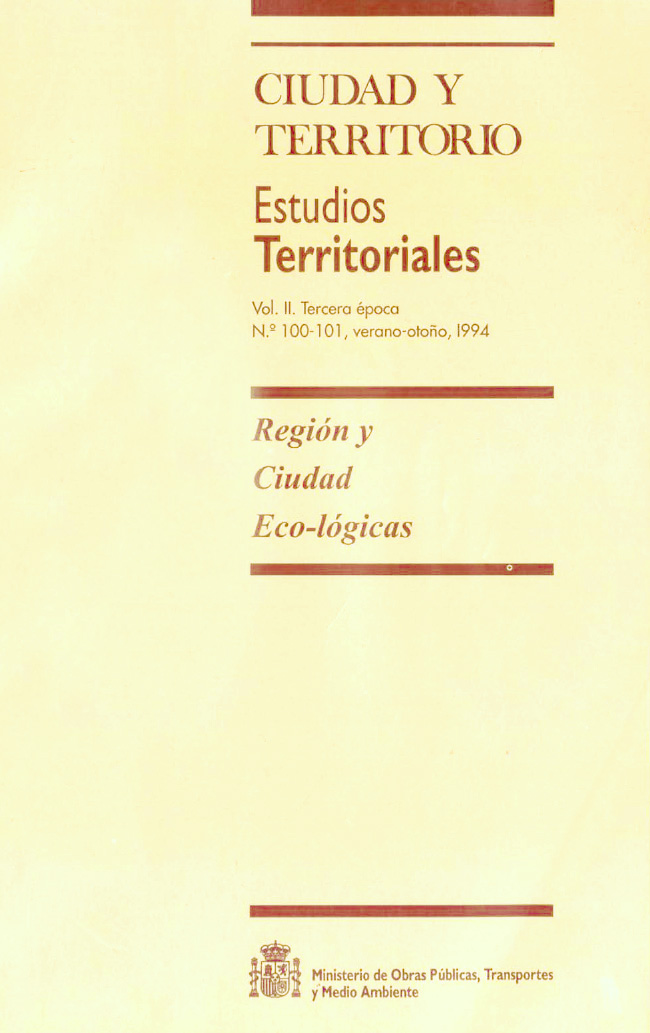Ecology and law as forces for social change: the march towards an ecologically legal government
Abstract
The paper sets out from the postulate that all human progress is to be understood as a necessary developing of a universal order in which mankind is inmersed as himself and as a closely integrated part of the world that surrounds him (Nature), both aspects thus forming an indivisible whole that gives being to the above-mentioned universal order. It is felt that technical, scientific and economic progress has brought with it not only disorder but irreversible damage to man's natural habitat and thus to himself. As a consequence, it is argued, within this natural order, there is now a fundamental conflict as to its subject matter as between free persons at liberty to contract and set up legal relationships with others such and the legal standing of other goods and beings (the rest of this universal order) to whom such rights are not granted within the scope of the present day subjective and man-centred laws in force. The paper therefore suggests that within the limits of a warrantable development that it terms 'ecocentric', that there should be an overall reconsideration of the legal inter-relationships within the social Legal State that would endow Nature as such with legal rights, this on the basis of such ecological principles and categories as would give rise to an Ecologically Law Abiding State, the postulates of which, the paper also contains.
Downloads
Downloads
Published
How to Cite
Issue
Section
License
Copyright (c) 1994 Luciano Parejo Alfonso

This work is licensed under a Creative Commons Attribution-NonCommercial-NoDerivatives 4.0 International License.
Considering the provisions of the current legislation on Intellectual Property, and in accordance with them, all authors publishing in CyTET give -in a non-exclusive way and without time limit- to the Ministry of Transport, Mobility and Urban Agenda the rights to disseminate, reproduce, communicate and distribute in any current or future format, on paper or electronic, the original or derived version of their work under a Creative Commons Attribution-NonCommercial-NoDerivative 4.0 license International (CC BY-NC-ND 4.0), as well as to include or assign to third parties the inclusion of its content in national and international indexes, repositories and databases, with reference and recognition in any case of its authorship.
In addition, when sending the work, the author(s) declares that it is an original work in which the sources that have been used are recognized, committing to respect the scientific evidence, to no longer modify the original data and to verify or refute its hypothesis. Author(s) also declare that the essential content of the work has not been previously published nor will it be published in any other publication while it is under evaluation by CyTET; and that it has not been simultaneously sent to another journal.
Authors must sign a Transfer of Rights Form, which will be sent to them from the CyTET Secretariat once the article is accepted for publication.
With the aim of promoting the dissemination of knowledge, CyTET joins the Open Journal Access (OA) movement and delivers all of its content to various national and international indexes, repositories and databases under this protocol; therefore, the submission of a work to be published in the journal presupposes the explicit acceptance by the author of this distribution method.
Authors are encouraged to reproduce and host their work published in CyTET in institutional repositories, web pages, etc. with the intention of contributing to the improvement of the transfer of knowledge and the citation of said works.








 Enlace a CyTET en Linkedin
Enlace a CyTET en Linkedin